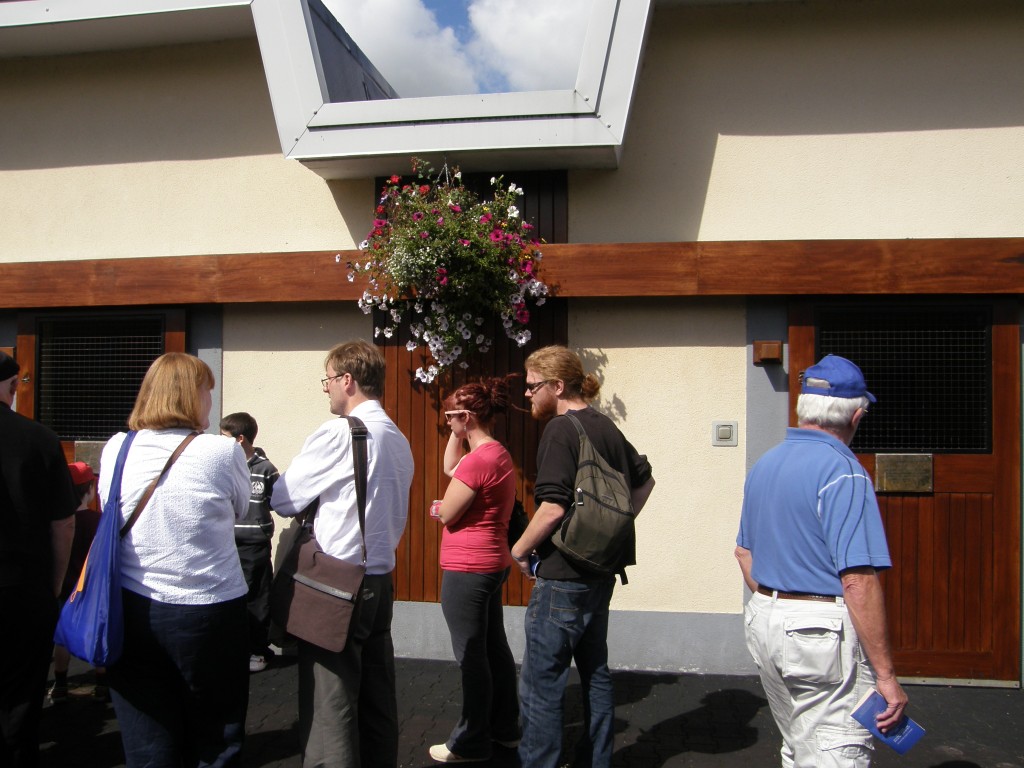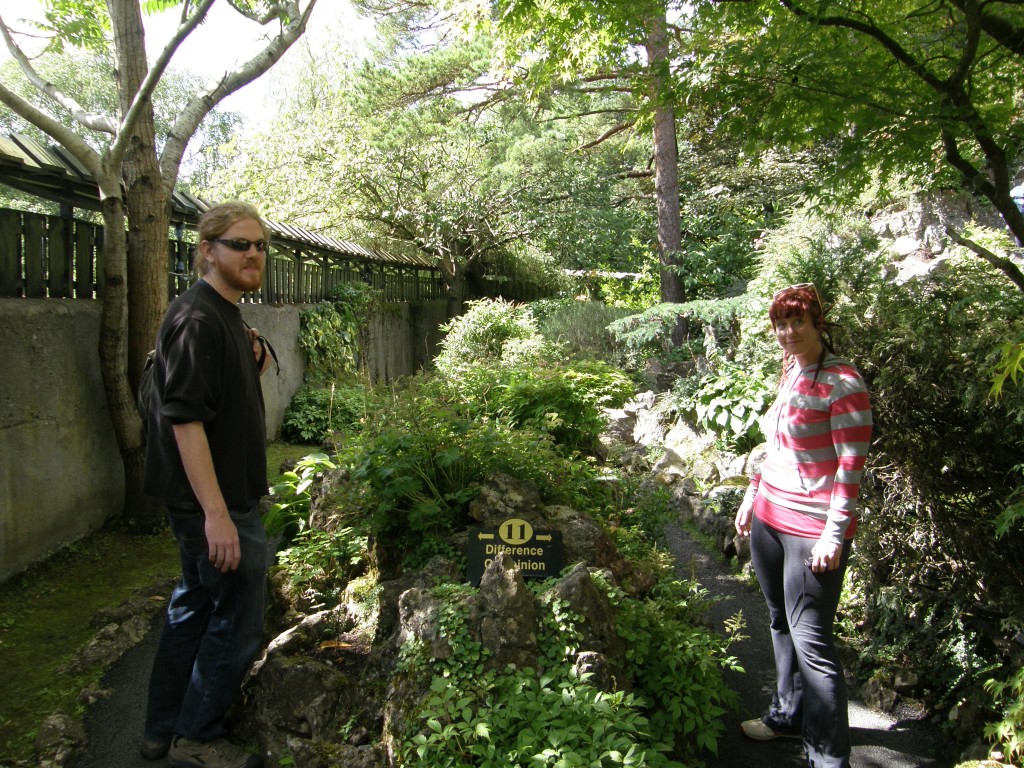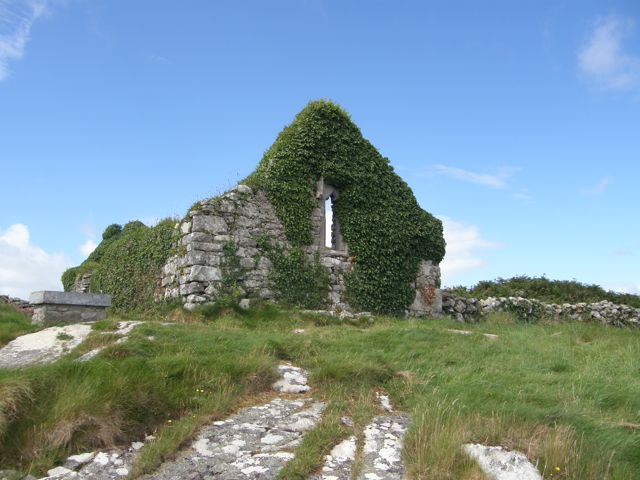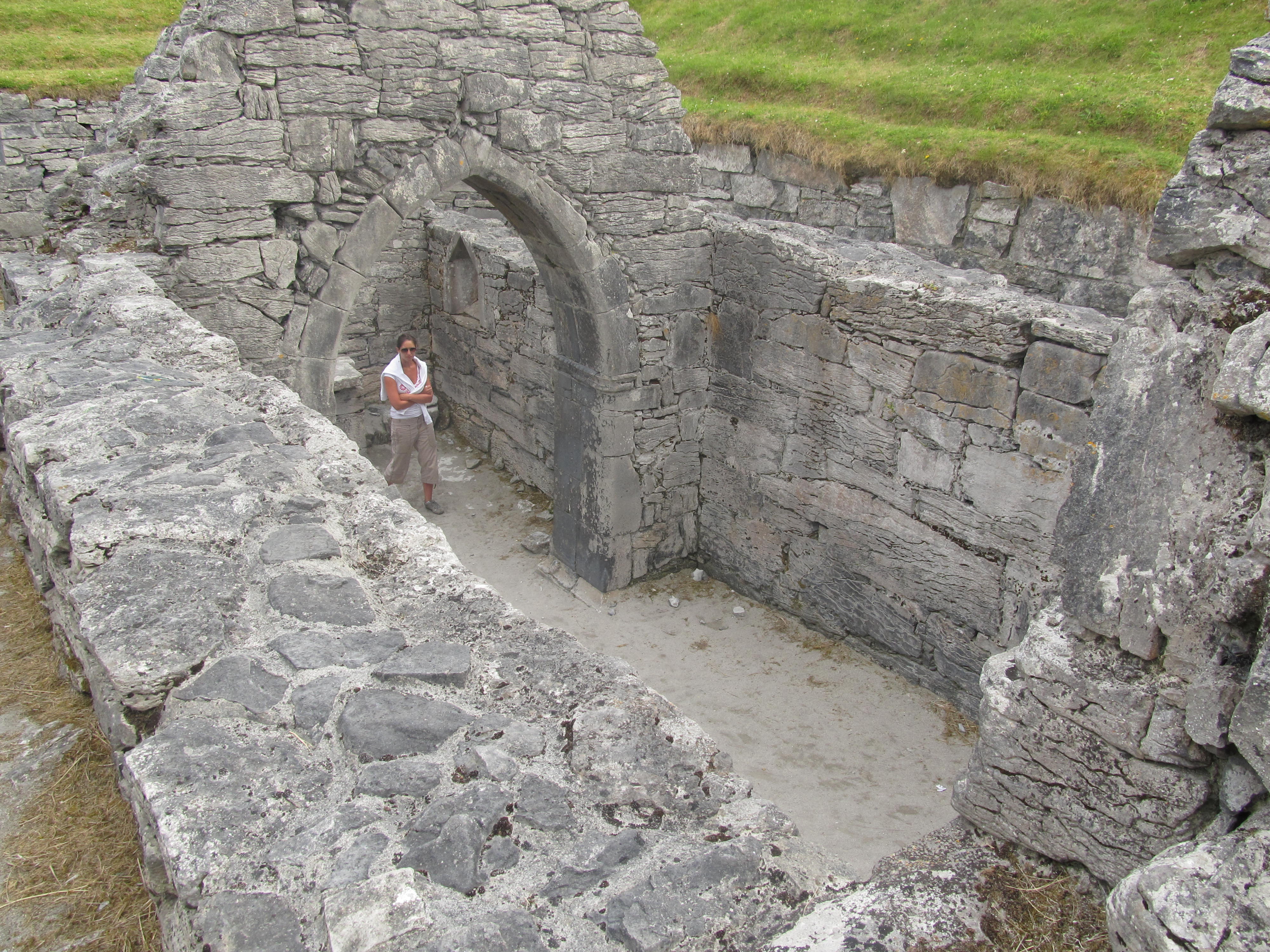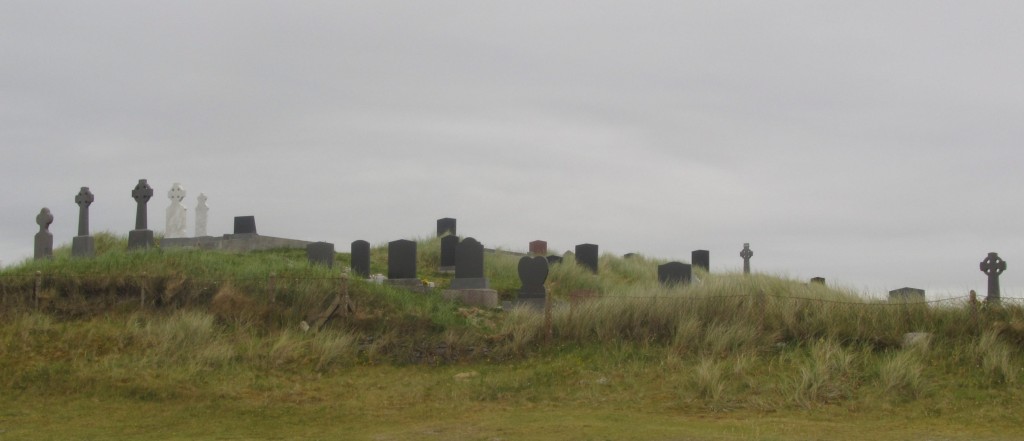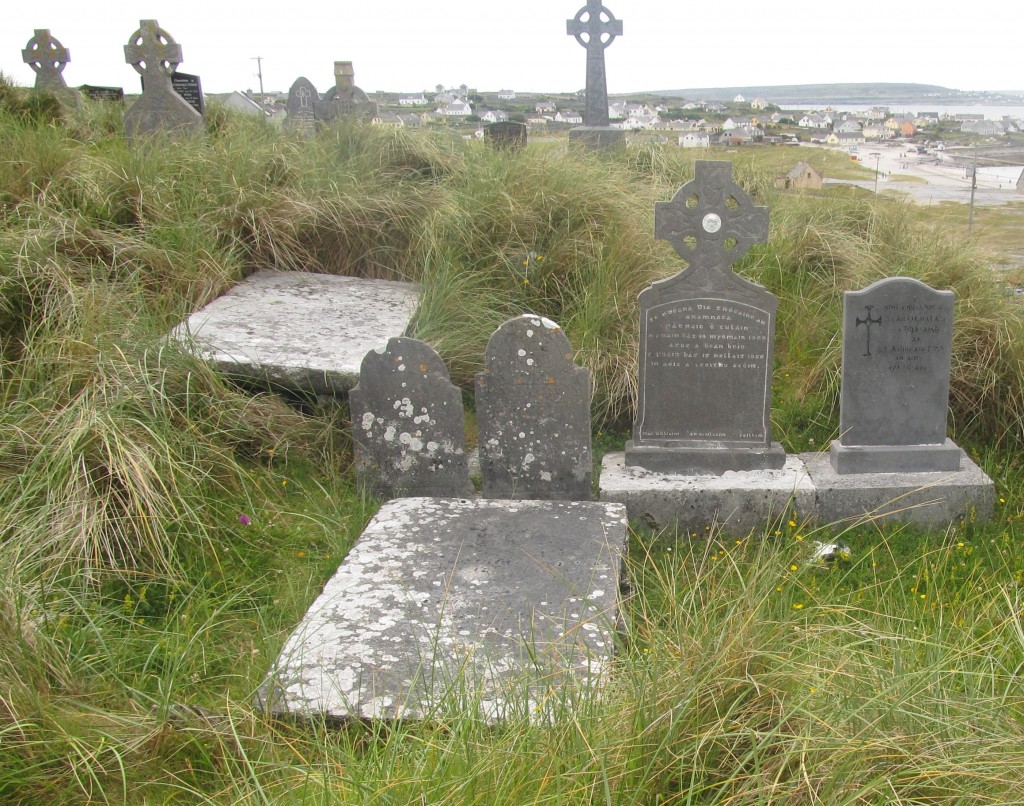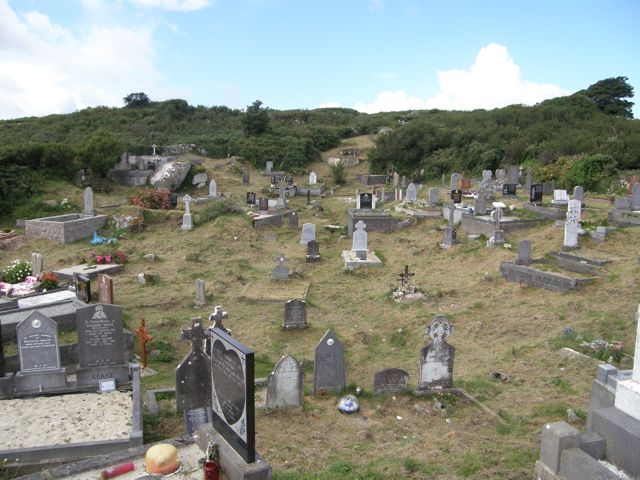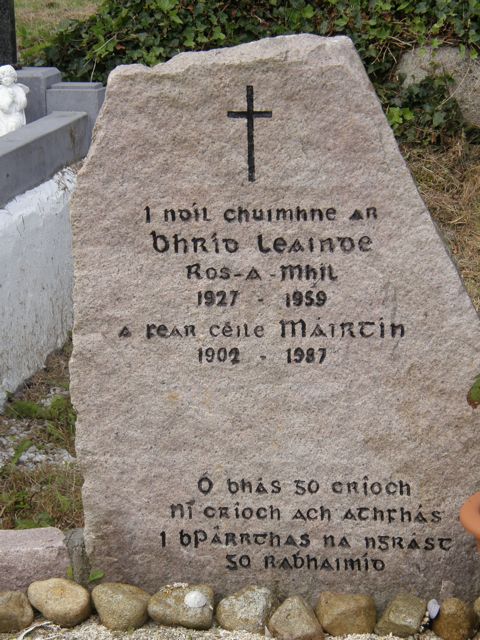Jennifer Spreng Leider recently became Rector of St. Paul’s Parish in Oregon, Ohio. At the Celebration of New Ministry (her “installation”) her recently-born son was also baptised. I was asked to preach the sermon. The readings (all taken from the NRSV) were Jeremiah 17:7-8, Ephesians 4:7,11-16, and John 3:1-8. In addition, the 23rd Psalm, King James Version, was recited. This is the sermon I preached.
“Blessed are those who trust in the Lord…. They shall be like a tree planted by water.” In the Name of the Father and of the Son and of the Holy Spirit. Amen.
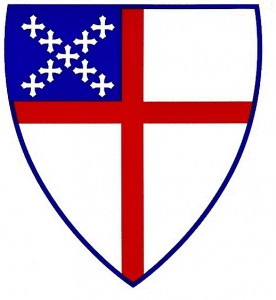 It is a joy and an honor and a humbling experienced to be asked by Jennifer to once again preach at a milestone in her life, this celebration of “new ministry” which also just happens to be the baptism of her and Steve’s son Ian. Although the gospel is one of the baptismal selections, neither our lesson from the Hebrew Scriptures nor our epistle are from the usual options for either the new ministry or baptism. They are selections peculiar to Jennifer, so I shall particular attention to those.
It is a joy and an honor and a humbling experienced to be asked by Jennifer to once again preach at a milestone in her life, this celebration of “new ministry” which also just happens to be the baptism of her and Steve’s son Ian. Although the gospel is one of the baptismal selections, neither our lesson from the Hebrew Scriptures nor our epistle are from the usual options for either the new ministry or baptism. They are selections peculiar to Jennifer, so I shall particular attention to those.
The first is from the 17th chapter of the Prophet Jeremiah. Jeremiah 17 is one of those oddball chapters we find throughout the Bible in various books where good short statements of wisdom have been collected and just lumped together. The bit we heard (verses 7 and 8 ) was half of one of these bits of wisdom, half of a sort of compare-and-contrast statement given by God to the prophet. We heard the good half, the blessing half. To fully appreciate Jeremiah’s message though, we need to hear the whole thing including the curse pronounced in verses 5 and 6. I also think we need to hear it in a translation a little closer to the original Hebrew. I love the New Revised Standard Version of the Scriptures, but there are times when its laudable effort to be gender neutral and inclusive obscures the original meaning and this is one of them. Although the NRSV translation is in the spirit of the original text, it hides a point the prophet makes about the individual within community, a point that is lost in the NRSV’s plural rendering.
So here is Judaica Press’s translation The Complete Jewish Bible, with a couple emendations of my own:
Jer. 17:5-6 Thus says the Lord: Cursed is the warrior* who trusts in the merely human** and makes flesh his arm, and whose heart turns away from the Lord. He shall be like a lone bush in the plain, and will not see when good comes, and will dwell on parched land in the desert, on salt-sodden soil that is not habitable.
Jer. 17:7-8 Blessed is the warrior* who trusts in the Lord; the Lord shall be his trust. For he shall be like a tree transplanted*** by the water, by a rivulet where it spreads its roots: it will not see when heat comes, and its leaves shall be green. In the year of drought will not be anxious, neither shall it cease from bearing fruit.
* Heb. geber = warrior or strong man
** Heb. adam = man or human, humankind
*** Heb. shathal = transplanted
The first word whose translation I changed is geber. It really is unfortunate that most English translations use the word “man” for the Hebrew geber in this and other verses, confusing it with adam (human being), and that the NRSV completely loses it by using the plural pronoun “those”. We really need to know and appreciate when a biblical author choses to use the singular noun geber. Its root is the verb “to prevail”; a person described as geber is a mighty warrior, a person of great strength, someone who can be expected to prevail in times of difficulty. The writer of the book of Job used the word fifteen times to distinguish the character of the geber from ordinary human beings. The prophet Zechariah goes so far as to use the word to describe God. The lesson is clear: all men and women are adam; only a few are geber.
Jeremiah then makes a distinction between those warriors who try to prevail relying on merely human strength, and those who achieve victory through dependence on God. The former he says “shall be like a lone bush in the plain”, while the latter “shall be like a tree transplanted by the water.” The word here is shathal which is usually translated as “planted”, but actually has more the sense of “transplanted”, a sense of intentionality. These aren’t trees that just ended up near the stream because the wind blew their seeds there! These are trees intentionally transplanted with planning and purpose by the farmer who cares for them and expects to see them flourish and produce fruit, transplanted into a grove or an orchard which receives the blessing of water and nourishment. These trees have been purposefully planted, with and among others, “beside the still waters.”
Unlike those who depend only on human strength, who end up alone in a parched and barren salt-sodden desert, these gebarim, these people of spiritual strength who rely upon God, are placed by God into a community, into a place where they receive the sustenance required for growth and productivity. A few verses later, Jeremiah will clearly identify God as “the source of [these] living waters” (v. 13) that are always flowing and always fresh. The point of the prophet’s image of the tree, transplanted into the grove by the river, is not simply about blessing, it is about the individual within community: it is that the blessing of the righteous is not received in solitude — it is received in the context of community.
This is the same point St. Paul makes in that portion of his letter to the church in Ephesus that we heard read this evening:
[E]ach of us was given grace according to the measure of Christ’s gift. The gifts he gave were that some would be apostles, some prophets, some evangelists, some pastors and teachers, to equip the saints for the work of ministry, for building up the body of Christ, until all of us come to the unity of the faith and of the knowledge of the Son of God, to maturity, to the measure of the full stature of Christ. (Eph. 4: 7,11-13)
The gifts we receive are not ours alone; they are for the benefit of the community, for “all of us.” The blessings we receive are not received in solitude — they are received in the context of community “to equip [all of us] for the work of ministry,” which brings us the reason for this evening’s gathering — to celebrate new ministries, Jennifer’s as rector of this parish and, perhaps more importantly, Ian’s as a new member of the body of Christ — to celebrate the transplanting of these gebarim into this grove called St. Paul’s by the water of the River Maumee.
There are several members of St. Paul’s Parish of Medina here this evening and I assure you that I know well and good that they are not here because I am preaching; most of them had no idea I would be doing so. They are here because although it has been over two years since Jennifer was temporarily transplanted into our community, she is still important to and loved by our congregation. That so many of us have driven over 100 miles to be here is testament to her, to her gifts for ordained ministry, and to the fruits of her ministry among us. On behalf of these Medinans (and many others who could not be here but love Jennifer no less), I have some requests to make of the members of St. Paul’s, Oregon:
First of all, encourage Jennifer to focus on three priorities: preaching God’s word, celebrating God’s Sacraments, and spending time in prayer. There are many, many other things that a parish priest can and will do, but these three are central to any clergy person’s ministry. All of those other things can and, in many cases, should be done by others in your community. If Jennifer preaches the word to you clearly and fully, lovingly presides at God’s Table in an inviting and welcoming manner, and centers herself in daily conversation with God, then do not begrudge her if other things are occasionally passed over.
As part of that encouragement, give her time. If you do encourage her in this way, you must do this. Most people do not realize how much time it takes to write a sermon. Most of us have written a term paper somewhere along the way; preparing a sermon is like writing a new term paper each week. It can easily consume 10-15 hours per week. If you want Jennifer to preach well, you must give her this time to prepare. Similarly, you must give her time for liturgical planning and, most importantly, time for the important work of prayer.
Many people are willing to say their clergy should put in this kind of time, but the only way Jennifer can have this time is if other demands are relaxed. You must not expect her to make every pastoral visit, oversee every parish activity, make every administrative decision. Each member of the church is given grace according to the measure of Christ’s gift and each member must work properly promoting the body’s growth. We must reclaim the shared ministry of the whole people of God, and members of the parish must join with your rector in providing pastoral care to other members, in overseeing the activities of the congregation, and in administrative governance.
Jennifer, this obligation of the congregation means that you must answer it with a similar commitment. If you would be the geber described by Jeremiah, if you would be that transplanted, never-anxious, fruit-bearing tree, you must take the time your congregation gives you and focus on these three presbyteral priorities — preaching, sacramental celebration, and prayer — most especially on the third: spend time in conversation with God every day. The budget can wait — your treasurer can do that for you; making sure the church register is accurate can wait — perhaps your altar guild can handle that; someone else can make that pastoral visit … but no one else can listen to God for you. You must spend you own time in prayer.
Members of St. Paul’s, the second request I have is that you support her with your prayers. In his treatise The Power of the Pulpit: Thoughts Addressed to Christian Ministers and Those Who Hear Them, the early 19th Century American preacher Gardiner Spring wrote these words:
[H]ow unspeakably precious the thought to all who labor in this great work, whether in youthful, or riper years, that they are … habitually remembered in the prayers of the churches! Let the thought sink deep into the heart of every church, that their minister will be very much such a minister as their prayers may make him. If nothing short of Omnipotent grace can make a Christian, nothing less than this can make a faithful and successful minister of the Gospel!
We might express this thought differently today, but Gardiner’s point remains valid. Your prayers, even more than her own, are the wellspring from which flows the water of God’s grace on which Jennifer’s ministry as a priest so much depends. If you wish her ministry to bear good fruit, do not forget to pray for her, and let her know you are doing so!
Thirdly, good people of Oregon, respect her, listen to her, and most importantly love her (and Steve and Ian, too). The writer of the letter to the Hebrews admonished church members, “Obey your leaders and submit to them, for they are keeping watch over your souls and will give an account.” (Heb. 13:17a) Standing alone, that admonition seems more than a little bit authoritarian! But that’s only the first half of the admonition; it continues, “Let them do this with joy and not with sighing — for that would be harmful to you.” (Heb. 13:17b) Support Jennifer with your respect and your love, listen to her with an attentive ear, so that her ministry may be to her a source of joy. Be like the church of the Bereans described in the book of Acts who “welcomed the message [brought by Paul, Silas and Timothy] very eagerly.” The Bereans are described Luke, the author of Acts, as “noble minded” and “receptive.” Nothing gives a clergy person greater joy than working with noble minded folk who are receptive to the Word of God! And if this ministry bears the fruit of joy for her, it will bear the fruit of blessing for you.
So, Jennifer, I have a couple of additional admonitions for you … first, Grasshopper, right here and now, rid yourself of the notion that you are in charge or that the success of your pastorate is on your shoulders alone. You are not and it is not. God is in charge and God will nurture the fruit of success. You may be the priest, the rector of this congregation, but you are not its only minister, nor its only leader. You are to work with the vestry and program leaders who are your colleagues and co-leaders. Additionally, you must avail yourself of the fellowship of your clergy colleagues outside the parish — your mission-area clericus within our denomination, and your local ministerial alliance in ecumenical fellowship. Be open to constructive criticism and suggestions from within the congregation and from colleagues outside of it, and you will find your burden much lighter.
Second, settle it in your mind this instant that there are very few emergencies in the pastorate. Sure, there may be some things that need correction, but ask yourself, “Do these things need to be addressed right now this minute?” The answer is usually “No.” Remember Paul’s admonition to Timothy:
The Lord’s servant must not be quarrelsome but kindly to everyone, an apt teacher, patient, correcting opponents with gentleness. God may perhaps grant that they will repent and come to know the truth. (2 Tim. 2:24-25)
Lastly, Grasshopper … If you haven’t already, find both a mentor and a spiritual director. Become friends with both a fellow clergy person and a soul friend, lay or ordained, whose opinions and counsel you trust and value. Ask them to be your counselors and commit to them that you will listen carefully to what they say, even though you may not always do what they suggest — that decision is your own. But do spend time with them on a regular basis for prayer and feedback.
Well, I’ve rambled on a lot about Jennifer’s pastorate and I’ve yet to say a word about Ian’s baptism! So I shall wrap this up quickly with just a brief observation.
Jesus said to Nicodemus that one may not enter the kingdom of God without being born again and Nicodemus asked how this could be possible, “Can one enter a second time into the mother’s womb and be born?” This is such a wonderfully Jewish question!
The Talmud, the tractate called Niddah, teaches that before each of us is born, while we are still in our mother’s womb, “A lamp shines over our heads with which we learn the entire Torah and see from one end of the universe to the other.” The light is held by an angel, teaches us who we are, what is expected of us, what gifts God will give us, what our purpose and our mission is. In sum, we learn the entire blueprint of our lives. We are equipped with everything we need to be gebarim, ready to prevail through the spirit of God, ready to produce the fruits of ministry.
And then … just as we are about to be born, the angel presses a finger against our mouths and says, “Shhhh….” (that’s why this little dent in our upper lips). The angel’s finger pressed against on our mouths puts us into a state of spiritual amnesia; we forget everything we have learned. After we are born, when we try to learn God’s Will, when we try to discern our gifts and our ministry, it is difficult. It seems faintly familiar and it is good and sweet, but it is only with tremendous effort, within and with the help of the community of faith, that even the tiniest ray of light begins to penetrate our minds, to illuminate our spirits. We spend the rest of our lives, taught by our faith community, learning to remember a tiny portion of the way of God that we learned in the womb.
Baptism is our entry into the Christian community of faith; it is the church’s sacramental recognition that this young geber has been planted by God in this grove or orchard to bear fruit. Baptism is the fundamental sacrament of ministry; the water of baptism assures that this young tree, transplanted here by God, “shall not fear when heat comes, and [his] leaves shall stay green; in the year of drought [he will] not [be] anxious, and [he will] not cease to bear fruit.” In baptism tonight Ian will be initiated and incorporated into the body of Christ, as we all have been, graced with gifts which he, with this community’s aid, will discern — or perhaps he will remember from the teaching he received in his mother’s womb.
Jesus said, “No one can enter the reign of God without being born of water and Spirit.” Baptism is at the heart of this gospel and at the core of the church’s mission. Since the Apostolic Age, baptism by water and baptism of the Holy Spirit have been connected. Water is administered in the name of the triune God; the Holy Spirit is invoked by anointing with oil and with the laying on of hands in the presence of the congregation.
When we baptize Ian tonight we say what we understand about ourselves as individuals and as community: that we are not lone bushes in the salt-sodden desert; that he and his mother and all of us are gebarim, mighty trees transplanted into this orchard to bear fruit, to use our gifts for the building up of the Body of Christ.
Tonight we celebrate ministry — Jennifer’s as rector in this parish — but more fundamentally, Ian’s and all of our ministry as children of God and members of the church. As baptized people of God, we respond with praise and thanksgiving to the nourishing waters of baptism, praying that God’s will be done in Ian’s life and in ours so that we shall not from bearing fruit. Amen.
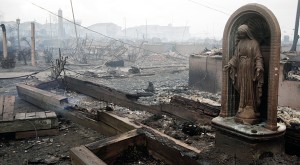 Last night Hurricane Sandy hit the eastern seaboard of the United States. Atlantic City was hit hard; the iconic boardwalk is gone; and with electrical power failures, the neon lights of the casino signs went dark. In Manhattan, a ConEd transformer station blew up; video of the explosion was quickly posted on Facebook and later shown on national television news programs. The lower third of the island was in darkness. Hundreds of thousands, if not millions, of people are now without electrical power and may not have light or heat for many days.
Last night Hurricane Sandy hit the eastern seaboard of the United States. Atlantic City was hit hard; the iconic boardwalk is gone; and with electrical power failures, the neon lights of the casino signs went dark. In Manhattan, a ConEd transformer station blew up; video of the explosion was quickly posted on Facebook and later shown on national television news programs. The lower third of the island was in darkness. Hundreds of thousands, if not millions, of people are now without electrical power and may not have light or heat for many days.
















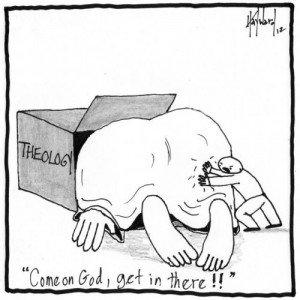
 A NYC Taxi driver wrote:
A NYC Taxi driver wrote:
 Over the past ten days or so I have been required almost every day to visit one of our larger local grocery stores, one which has a center section devoted to seasonal merchandise. On each visit as I walked through that section, one item on a top shelf kept catching my attention, but each time I declined to buy it. Every day I would go away and wonder why I was attracted to that particular thing, and those contemplations made their way into my notes for this homily.
Over the past ten days or so I have been required almost every day to visit one of our larger local grocery stores, one which has a center section devoted to seasonal merchandise. On each visit as I walked through that section, one item on a top shelf kept catching my attention, but each time I declined to buy it. Every day I would go away and wonder why I was attracted to that particular thing, and those contemplations made their way into my notes for this homily. 